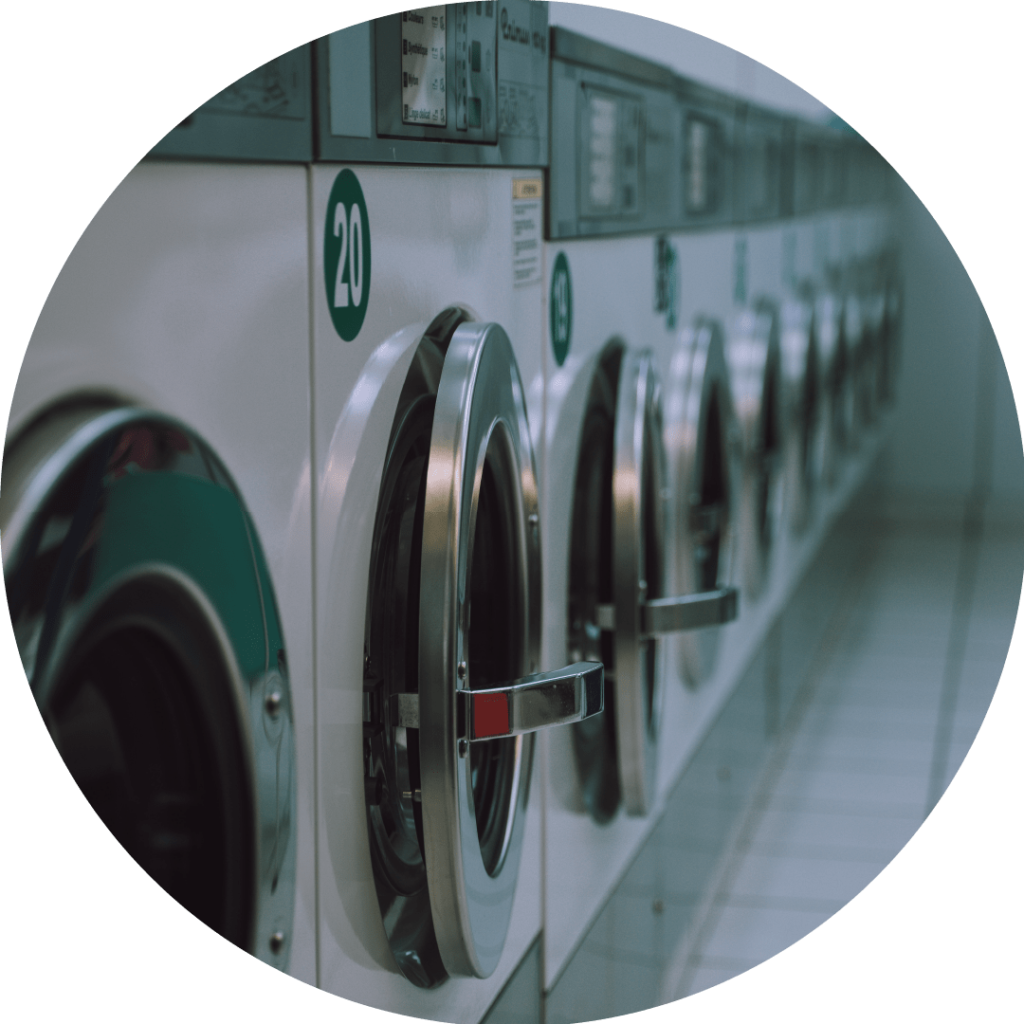Watch these
- Plastics from our clothes is polluting oceans — Sky News
- The Story of Microfibres — The Story of Stuff
- The True Cost — Netflix.

Wash on a lower temperature. This is less aggressive on the fabric and therefore less likely to shake out microfibres.
Use a Guppy Bag or Coraball. They claim to collect microfibres during your washing.
Load up! A full washing machine reduces friction between items.
Use a lower rotation. Faster spins shake up clothes more, risking more shedding.
Wash less. If your clothes aren’t really dirty, hang them out to air, use a refreshment spray and wear an apron when cooking!

Your clothes are more likely to shed in the first few washes. So keep your clothes for longer and shop secondhand!
Avoid plastic clothes if possible. Aim for Tencel, hemp, linen, organic cotton or organic wool. Check the label to see if the fabric consists of plastic. The most commonly used plastic fabric is polyester.
If you need a new T-shirt, check out ours here! They’re 100% organic cotton, so microplastic free.
Use the Good On You app to check the sustainability of your clothing brands and the ethics and environmental impact of fabrics! For example, Tencel would be an environmentally friendly fabric to use for your sportswear!
Even though fabric made out of recycled plastic bottles sounds great, they still shed microfibres into our water!